The Movement Electronic Music Festival, a pulsating celebration of techno and house music, has become an unmissable event in Detroit's cultural calendar. Attracting a global audience and boasting powerhouse artists, this dynamic festival offers a captivating and unforgettable experience, immersing visitors in the history, culture, and music of one of the world's most innovative and vibrant musical cities. From its humble beginnings as a free event to its evolution into a multi-faceted, internationally-renowned extravaganza, Movement stands as a testament to Detroit's rich musical heritage and the genre it helped create.
The new millennium had just begun, and high school was now a distant memory for many. The global community was eager to turn a page, having recently endured a contentious election and the infamous Y2K scare. Detroit, in particular, was yearning for a reason to unite and celebrate its rich cultural heritage. And what better way to do so than through electronic music—a genre intrinsically tied to the city's history? Enter the Detroit Electronic Music Festival, lovingly referred to as “DEMF”.
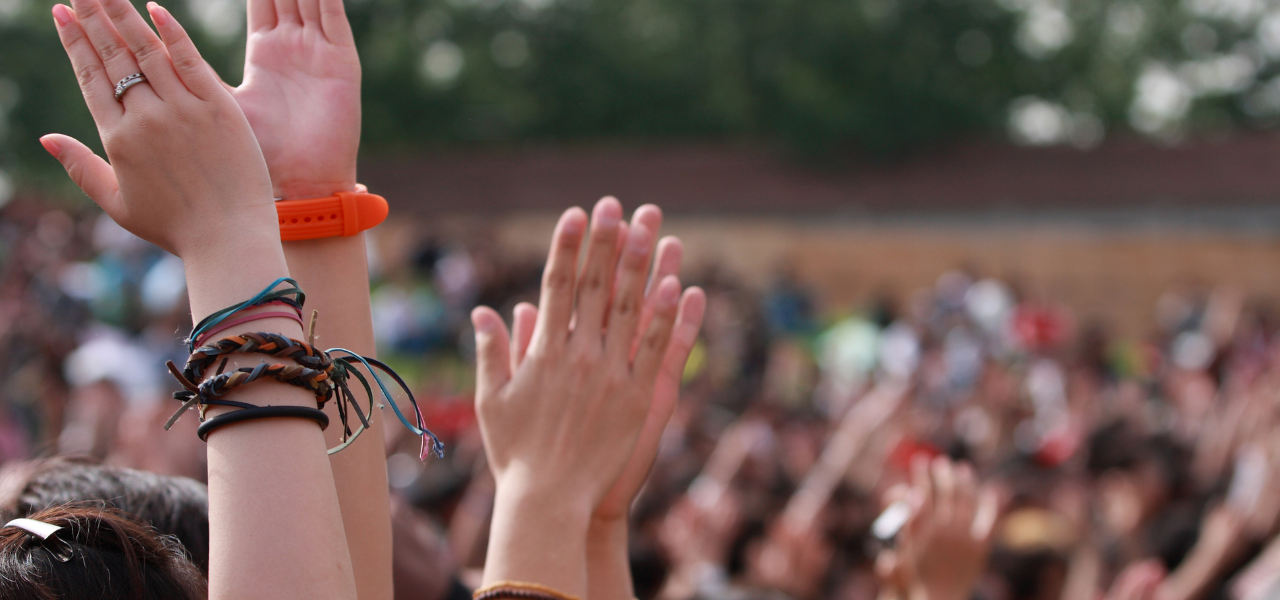
From DEMF to Movement
Initially conceived as a free event—much to the delight of broke college students and young music enthusiasts—the groundbreaking festival first took place in 2000, drawing an astounding 1.1 million attendees. Over the years, this extraordinary celebration of electronic music has undergone numerous transformations, including four name changes, a tragic incident, and a subsequent revival.
To fully appreciate the festival's historical significance, however, one must journey back to the birth of techno music itself. Proudly claiming Detroit as its birthplace, techno emerged in the late 1970s and early 1980s, fusing elements of funk, soul, and electronic music. The genre rapidly gained traction in Detroit and later spread to other cities around the globe.
Today, techno enthusiasts from every corner of the world make the pilgrimage to Detroit, raising their hands in tribute to the city that started it all. The festival stands as a testament to the enduring love for both the music and the city, attracting a diverse crowd eager to immerse themselves in the very essence of techno.
In 2001, the festival underwent its first transformation, adopting the name Focus Detroit Electronic Music Festival. Ford Motor Company stepped in as the primary sponsor, generously contributing $435,000 to keep the event alive and free for all attendees. The second year saw a remarkable surge in attendance, with an estimated 1.5 million people flocking to the festival.
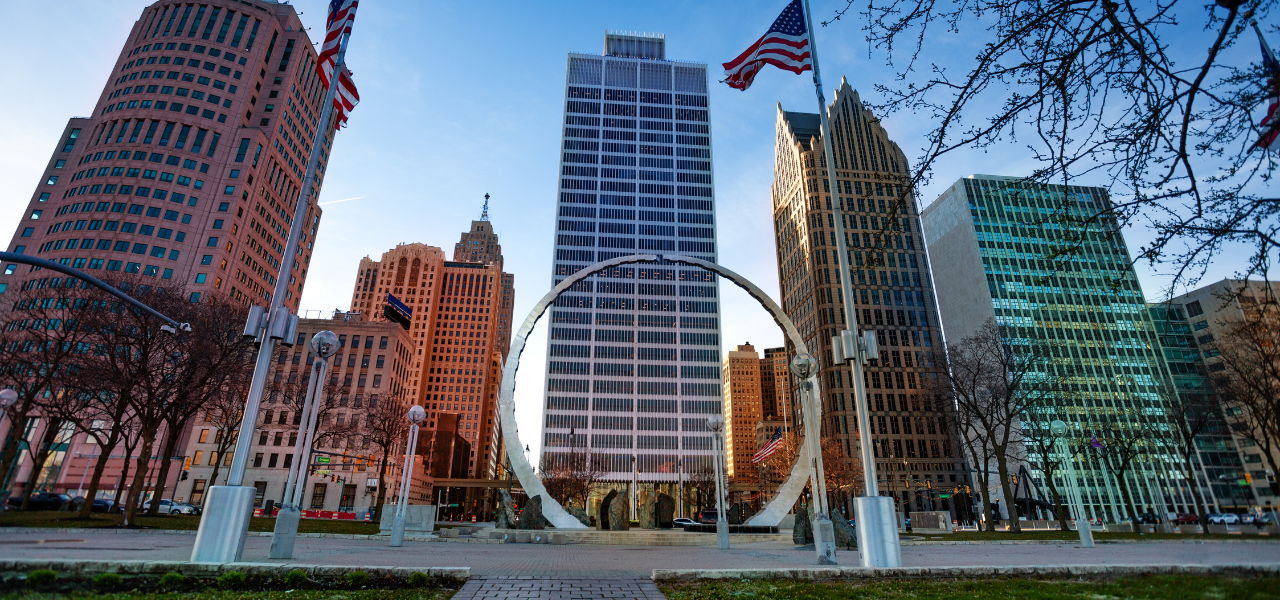
While 2002 passed without much ado, 2003 proved to be a pivotal year. The city's mayor at the time, who later found himself behind bars, pressured the Hart Plaza Recreation Department to allocate the coveted festival weekend to renowned DJ Derrick May. Though May had never organized an event of this magnitude, he assembled a formidable team and successfully executed the large-scale production.
However, 2003 also saw the loss of $350,000 in city funding that had previously enabled the festival to remain free of charge. Consequently, attendance figures dwindled to 630,000—a stark contrast to the previous year's record-breaking turnout.
Despite these challenges, the festival continued to evolve, adapting to the changing landscape and embodying the resilient spirit of both techno music and the city of Detroit.
The year 2004 posed an existential threat to the festival, as it suffered massive financial losses and desperately needed a lifeline to stay afloat. A mere 150,000 people attended that year. However, in 2005, the tide began to turn when Kevin Saunderson took the reins and rebranded the festival for the third time as Fuse-in Detroit, or simply Fuse. Not only did Saunderson deliver an impressive lineup, but he also introduced weekend passes for $25.
Though initially disgruntled by the change, many young attendees later came to understand the financial necessity behind these decisions, as increased security measures were required following a shooting incident. It was a pivotal moment for the festival, signaling its transition towards maturity.
In the following year, Detroit-based production company Paxahau took over the festival's management, renaming it Movement—a moniker that has persisted to this day. Under Paxahau's stewardship, the festival has thrived and maintained its status as one of the largest and longest-running techno and house music events globally, consistently drawing over 100,000 visitors each year.
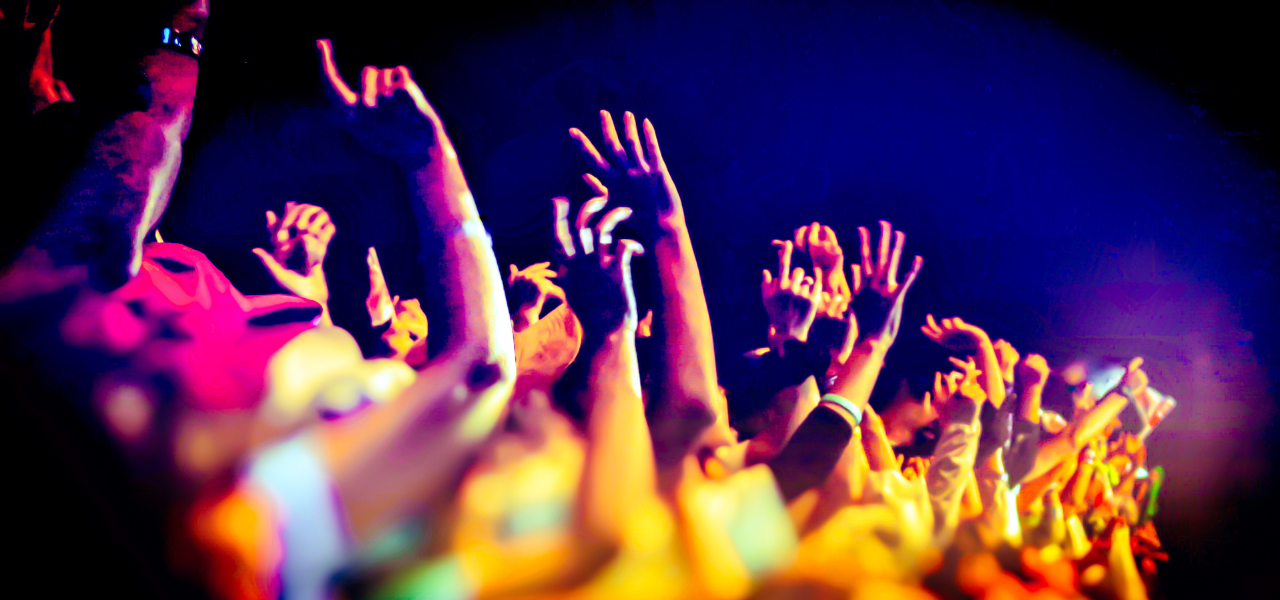
Movement Today
Now known as the Movement Electronic Music Festival, or Detroit Movement, the event will always be fondly remembered by many as DEMF, the Detroit Electronic Music Festival. This exceptional celebration of music has truly become an integral part of Detroit's identity, showcasing the city's indomitable spirit and unwavering love for techno and house music.
The Movement Electronic Music Festival is renowned for its emphasis on the rich history of Detroit techno and its seminal influence on the genre. The event boasts an array of stages, each catering to distinct styles of techno and house music, ranging from the classic Detroit sound to avant-garde, experimental beats. Attendees can also explore a museum-style exhibit that pays homage to techno's history, displaying rare records, photographs, and memorabilia from Detroit's illustrious musical past.
Beyond the music, the festival offers workshops and panel discussions, fostering connections between fans and artists while providing insights into the genre's latest developments. Movement is also deeply committed to sustainability and social responsibility, championing initiatives that reduce waste, promote recycling, and support local communities.
Over time, the Movement Electronic Music Festival has emerged as a mainstay of the electronic music scene, drawing fans from across the globe and spotlighting the finest techno and house music. While the festival has evolved in numerous ways, it has always remained true to its roots, honoring Detroit's rich musical heritage and the trailblazing artists who have shaped the genre.
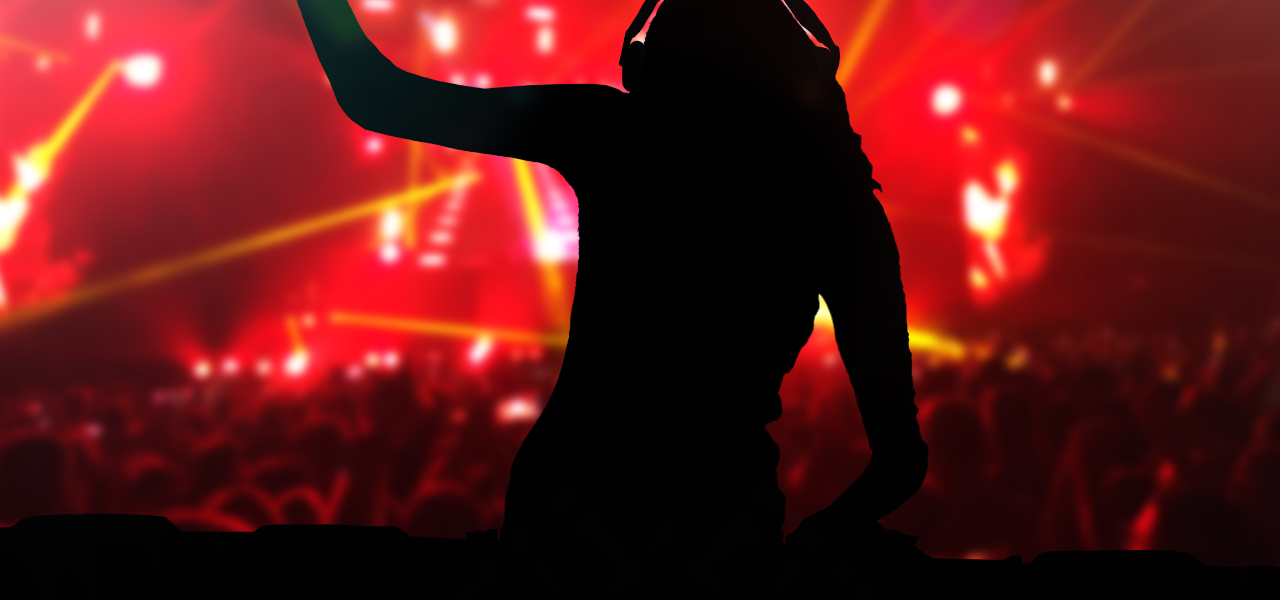
Movement remains a cornerstone of the techno and house music scene, attracting a global audience and featuring the genre's finest artists. An essential experience for both seasoned veterans and newcomers to electronic music, the festival offers a distinctive and unforgettable journey, celebrating the history, culture, and music of one of the world's most dynamic and innovative musical cities.
Continuing to host over 100 acts each year, the festival boasts powerhouse artists such as Caribou, Carl Craig, Charlotte De Witte, Derrick Carter, Skrillex, Flying Lotus, Osuna, and countless others. The Movement Electronic Music Festival is more than just an event; it is a testament to the enduring spirit of Detroit and the genre it helped create, offering visitors an unparalleled immersion into the vibrant world of techno and house music.
Movement stands as a testament to the resilience and creativity of Detroit, the birthplace of techno music. With its rich history, diverse lineup of world-class artists, and commitment to sustainability and community engagement, the festival offers an unparalleled experience that transcends mere entertainment. It is a celebration of the unique and indomitable spirit of a city that has shaped an entire genre, bringing together fans from all corners of the globe. Whether you're a techno aficionado or a curious newcomer, the Movement Electronic Music Festival is a must-visit event—a pulsating, unforgettable journey into the heart and soul of Detroit's musical legacy.
For even more Metro Detroit entertainment check out our YouTube HERE.
Posted by Michael Perna on

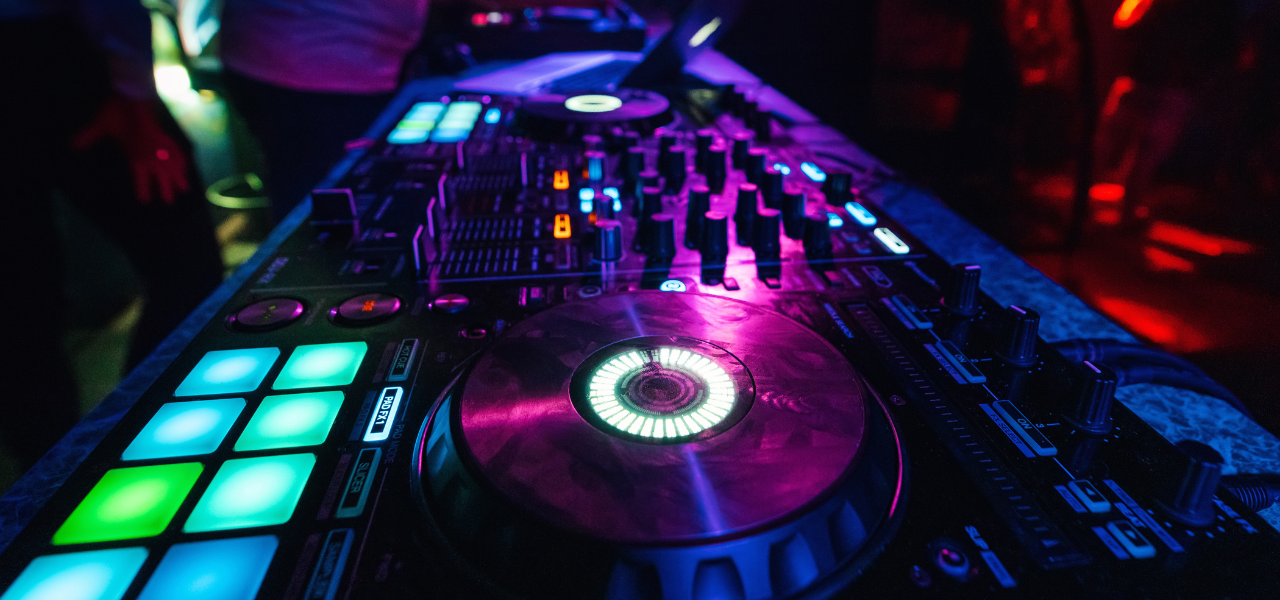


Leave A Comment